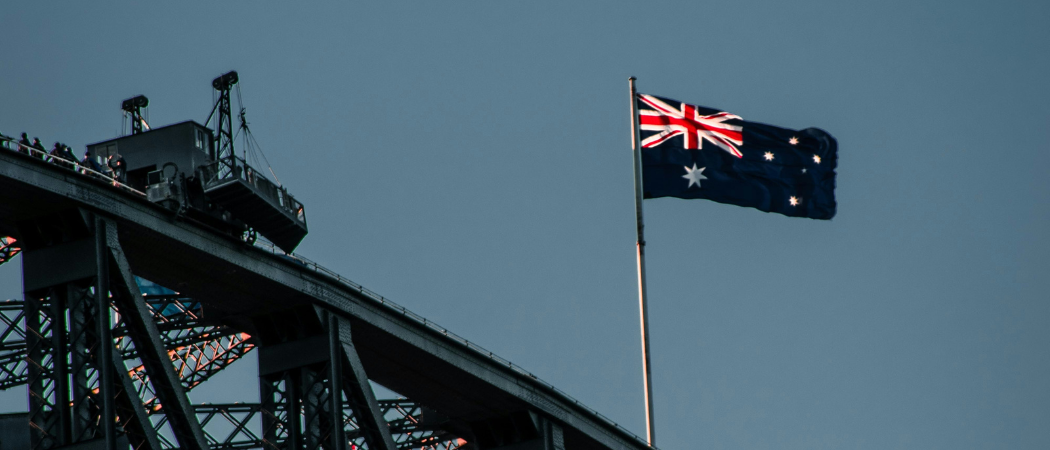Resumption of talks after a two-year gap follows heightened pressure on academic funding down under

Photo credits: zaya odeesho / Unsplash
Exploratory talks that would lead to Australia associating to Horizon Europe were announced by the European Commission on September 10. The move follows months of campaigning by Australian universities, which face uncertainty abroad and stagnant funding at home.
“This is a pivotal decision and an important first step” said Vicki Thomson, chief executive of the Group of Eight, a coalition of Australia's eight leading universities.
Australian association would mark a further global expansion for Horizon Europe, which has already associated New Zealand, South Korea and Canada under a new policy of opening up the programme to geographically distant democracies. Japan and Singapore are also in talks to join.
The exploratory talks come during a tough time for Australian research funding. Since March, at least seven leading Australian universities have faced cuts to their US-based funding because of political clashes with the Trump administration.
“The fact that we're not seeing that reliability anymore from the US coalesced around the renewed push for Australia to consider Horizon Europe membership” said Luke Sheehy, chief executive of Universities Australia.
Funding is also short at home. Australia’s government is spending AU15.1 billion (€8.5 billion) on research in 2025-26, though as a percentage of GDP this is below the OECD average. A recent report by the Australian Academy of Science said that Australia will be at the bottom of the OECD list within five years if funding trends continue.
Around the time of the Australian federal elections in May this year, universities made a fresh push for Australia to restart negotiations to join Horizon Europe. The Australian government called off previous round of discussions in 2023.
In April, the Group of Eight asked the government to find out the cost of joining. In June Universities Australia suggested making negotiations part of restarted trade talks. Then in July the Australian Academy of Science hosted the EU delegation, primarily as a briefing about Horizon Europe.
Topics for discussion
The precise goal of the talks announced this week is unclear. Thomson expects them to focus on participation costs, pointing to New Zealand allocating NZD37.6 million (€19 million) over four years to participate in Horizon Europe. “We would be more than that, because we’re a larger research ecosystem, but it’s certainly not the billion dollars that the former government was touting.”
But the present government is giving nothing away about its position. “It’s too early for any decisions or commitments from government, of course, but it’s a positive conversation for Australia to be having,” said Tim Ayres, Australia’s science minister, on the day of the announcement.
Related articles
- Associated countries set out Horizon Europe concerns
- Viewpoint: as the US sinks, Europe must rise for global science
Research relations between Australia and the EU are primarily based on an Agreement on Science and Technology Cooperation signed in 1994 and the 2008 European Union-Australia Partnership Framework.
In the absence of an association agreement, Australian researchers are not automatically eligible for Horizon Europe funding. Nevertheless, the EU is still Australia’s biggest foreign research funder (and fourth biggest overall), contributing US$2.14 billion (€1.8 billion) in grant funding between 2015 and 2024, according to Nature Research Intelligence.





 A unique international forum for public research organisations and companies to connect their external engagement with strategic interests around their R&D system.
A unique international forum for public research organisations and companies to connect their external engagement with strategic interests around their R&D system.